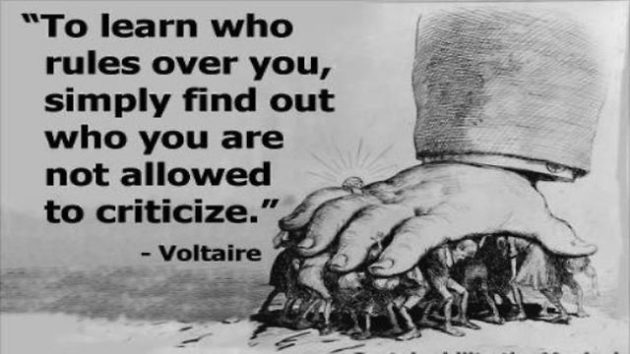Political Correctness: Offended vs Inspired
Several decades ago, on a radio program in Chicago, I interviewed a man who described a growing phenomenon that would have a profound impact on American business. I didn’t believe this new trend would ever occur. He called it “political correctness.” I had never heard the term PC. As the years passed his predictions about changing conditions and business pressures have proven to be accurate.
As a result of PC, developing clear policies is essential for the effective operation of any business, and the specific wording requires care and caution in order to be “correct” and avoid unintended consequences. But recently that caution seems to have resulted in a trend wherein the opinions and beliefs of some people overpower those of others.
Sometimes that might be only one person, but without consistent policies, a single individual can negate what countless others have valued for many years.
The pressing question is. “What makes that person’s belief or position take precedence over those of others with differing perspectives?” Can we accept the notion that one point of view is more important and more powerful than an alternative point of view?
In the old television program, “You Bet Your Life,” Groucho Marx said, “Say the magic word, and a duck will come down and give you fifty dollars.” In today’s world the “magic word” seems to be “offended.”
It doesn’t produce a fifty-dollar bill, but it’s changing the names of holidays, removing decorations or symbols from work areas, censoring the names of mascots, and prohibiting wearing certain clothing or accessories in the workplace.
We’ve seen the workplace and classrooms become devoid of the touches and the symbols that define the people inhabiting them.
Not long ago it was possible to learn about a person just by entering his or her workspace – be it a small cubicle or a large private office. The pictures, plaques, trophies, and other items on display provided insight into family status, religious affiliation, and military service. Today those clues have largely disappeared because someone found them “offensive.” People working in the locations were expected to remove the items because of the sensitivities of others.
Many schools and businesses have come to the point where displaying certain personal items or wearing certain clothes or accessories are grounds for discipline.
We risk becoming homogenized rather than “diverse”– evolving into a one-size-fits-all society where a small group of individuals determines acceptable behavior for all. The grandson of an acquaintance of mine was removed from his classroom because he was wearing (proudly) the division patch his grandfather had worn in combat during World War II because a teacher’s-aide was offended by the military symbol.
By coincidence, on the same day his father was told to remove an American flag pin from his suit jacket prior to joining a meeting at his office because it might offend another participant.
How did displaying an American flag become offensive? As a side note, when I tried to purchase a few small American flags for an event, a clerk at the store told me, “We don’t stock those things any more.” Those things!
In businesses and schools, we now have Winter and Spring breaks. Professional athletic teams are being pressured to accept names that won’t offend anyone.
If such a trend continues, we might see the passing of occupational names like Vikings, Packers, and Cowboys before too long.
And if other rights activists enter the forum, we might evev see the end of the Bears, Broncos, Dolphins, Bengals, Jaguars, Cardinals, Panthers, and Lions to name just a few.
It’s probably safe to point out that almost everything and anything can offend somebody. So here’s something to consider when developing policies and monitoring behaviors.
When you hear anyone say, “I’m offended by _____” try this. Revise that sentence by saying, “I’m inspired by ______.”
You won’t be starting an argument; you’ll be stating an equally valid opinion.
Then reflect on the reaction you get, and ask yourself, “Did I just make a difference?”



